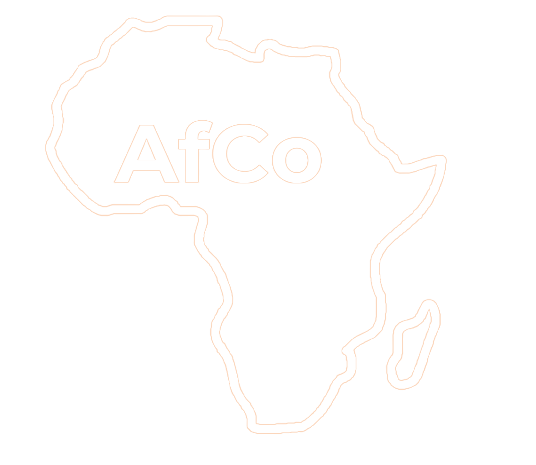The Relationship between Farmers and Herders during the Food Crisis in Roumbou-Sakabal
The relationship between farmers and herders varies according to the agro-pastoral production cycle. Whereas their activities are often complementary in the dry season (grazing and fertilizing of fields by herds, watering of livestock at village wells, trading, etc.), during wet periods the relationship can become confrontational. During the 2004-2005 food crisis it worsened due to the pastoral dimension of the crisis in Roumbou, unlike the other sites studied by LASDEL. This implied a scarcity of fodder, high livestock mortality, and deteriorated terms of trade, inter alia. Three characteristics are seen to emerge: monetarization of relationships (collection, storage, and sale of fodder, paying for access to water, meat curing, etc.), the creation of new trades (straw sellers, non-traditional butchers), and a proliferation in the number of aid projects.
